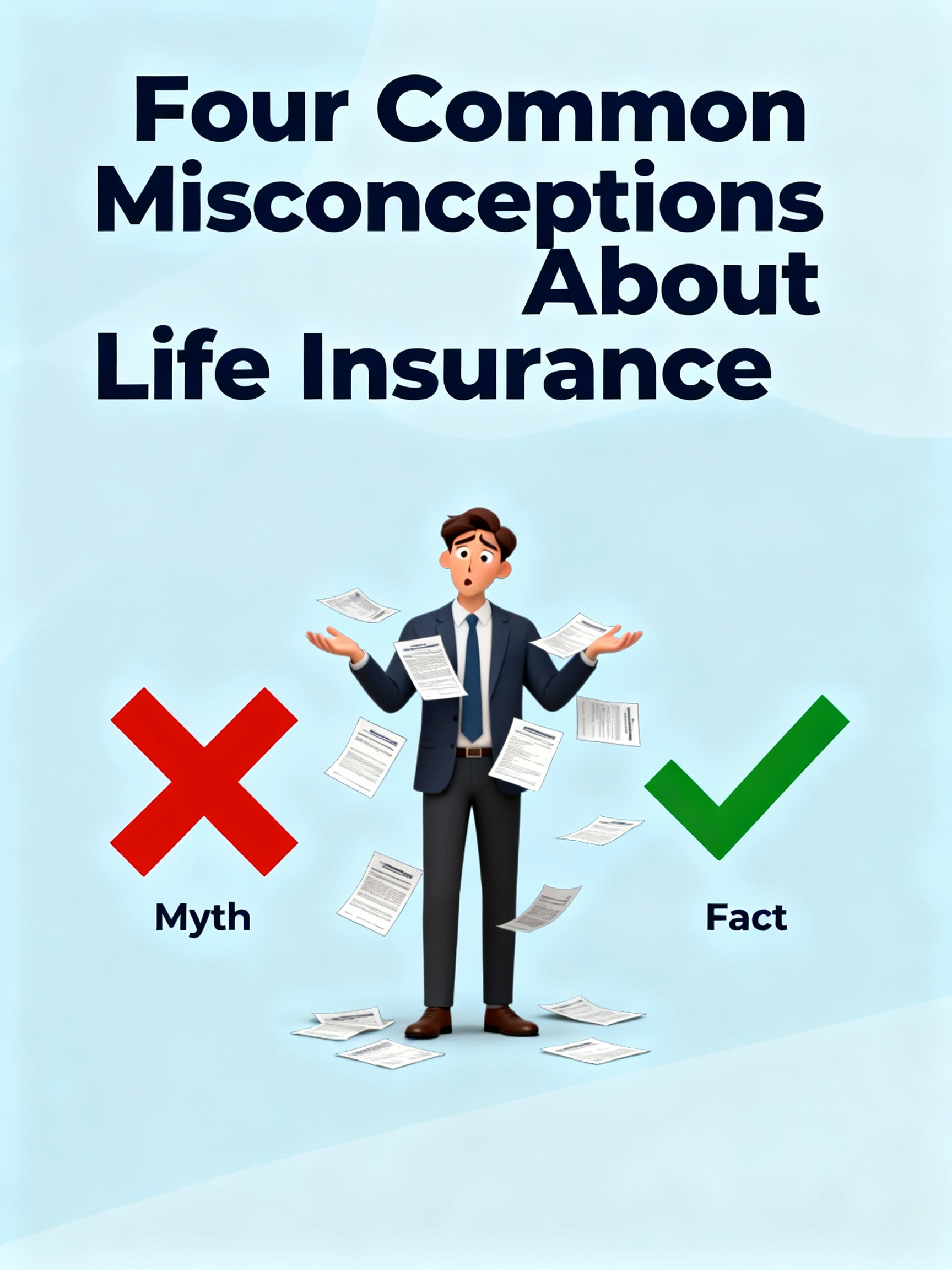Newsom’s Trailer Bill and California Insurance Reform
Published Date: 06/03/2024
California’s insurance market has been in turmoil for years, with major carriers scaling back, pausing new business, or exiting the state altogether. The result has been a severe coverage crunch for homeowners and small businesses, especially in wildfire-prone regions.
Now, under mounting political pressure, Governor Gavin Newsom has introduced a new “trailer bill” aimed at stabilizing the market in the short term while broader reforms move forward. The legislation builds on Insurance Commissioner Ricardo Lara’s Sustainable Insurance Strategy, but accelerates key elements of it.
Insurance expert Karl Susman, speaking with FOX KTVU, explained what the bill does, why it matters, and what it could mean for insurers, regulators, and California consumers.
The Insurance Crisis: Insurers Leaving and Costs Exploding
California’s insurance market is under extraordinary strain. Over the last five years, wildfires, inflation, and rising construction costs have driven insurer losses to historic levels. Major carriers such as State Farm, Allstate, and Farmers have paused new homeowners policies or drastically reduced their presence in the state.
With fewer insurers competing, prices have surged. Many homeowners have seen premium increases of 200% to 400%. Small businesses, in particular, have been pushed into the California FAIR Plan, the state’s insurer of last resort, which offers limited coverage at significantly higher cost.
“The companies cite wildfire risk as well as soaring construction costs for their withdrawal,” reported FOX’s Alex Savidge.
Against this backdrop, pressure on state leaders to act has intensified.
The Governor’s Proposal to Streamline Rate Reviews
Governor Newsom’s trailer bill focuses on one core issue: speeding up the insurance rate-approval process so companies can operate more predictably in California.
Under Proposition 103, passed in 1988, insurers must receive approval from the Department of Insurance before changing rates or policy terms. While the law was designed to protect consumers, critics now view it as a bottleneck that no longer reflects today’s climate-driven risks.
Susman explained the goal of the bill clearly: it is meant to make it faster for insurance carriers to file changes, receive decisions, and begin writing policies again. The proposal does not rewrite Proposition 103—it enforces the timelines that already exist in the law.
The 60-Day Rule and the 120-Day Cap
Proposition 103 already requires the Department of Insurance to respond to rate filings within 60 days. In practice, however, reviews often take months or even years.
“The law already says 60 days,” Susman said. “It just hasn’t been followed.”
The trailer bill adds structure and enforcement to that requirement. Under the proposal:
- The Department of Insurance must respond within 60 days.
- It may request one 30-day extension.
- It may request one additional 30-day extension.
- The total review period may not exceed 120 days.
After that, the Department must respond by approving, denying, or modifying the filing.
“The Department doesn’t have to approve it,” Susman clarified. “They just have to respond. Right now, it can take years. This enforces the law we already have.”
Consumer Concerns and Public Oversight
Consumer advocates have raised concerns that faster reviews could weaken public oversight and make it easier for insurers to push through rate increases.
Susman strongly disputed that interpretation, explaining that all consumer protections under Proposition 103 remain fully intact. The public and consumer groups still retain their legal right to intervene in any rate proceeding and challenge proposed increases.
“Everything is the same as far as how people can intervene,” he said. “It just has to be done faster.”
According to Susman, the bill does not reduce transparency or public participation—it simply forces the regulatory process to operate on enforceable deadlines.
Why the Measure Is Being Introduced as a Trailer Bill
Instead of moving through the traditional standalone legislative process, Newsom’s proposal is being introduced as a trailer bill attached to the state budget. This allows it to move much more quickly, since the budget must be finalized by June 15.
“In a perfect world, we’d go through a longer process,” Susman acknowledged. “But this is about urgency. The governor is saying, ‘We can’t wait until the end of the year.’”
While critics argue that this approach limits public debate, supporters counter that the scale and urgency of the insurance crisis demand immediate action.
Short-Term Fix, Long-Term Insurance Reform
Newsom has positioned the trailer bill as a short-term stabilization measure. The broader, long-term changes continue under Commissioner Lara’s Sustainable Insurance Strategy, which is scheduled to roll out more fully by the end of the year.
That larger strategy includes:
- Allowing the use of forward-looking wildfire catastrophe models.
- Permitting insurers to include reinsurance costs in rate calculations.
- Encouraging broader participation in high-risk areas.
- Incentivizing home hardening and loss mitigation.
“The trailer bill doesn’t replace those reforms,” Susman noted. “It accelerates the parts that can be done now.”
What the Bill Could Mean for Homeowners and Businesses
If the expedited review process works as intended, it could break the regulatory logjam that has kept insurers from writing new business in California.
For homeowners, this could eventually mean:
- Greater availability of private-market policies.
- Fewer forced enrollments into the FAIR Plan.
- More pricing stability as competition returns.
For businesses—especially those in tourism, agriculture, and hospitality—it could restore the ability to insure buildings and operations at sustainable costs.
The key, Susman emphasized, is restoring predictability for insurers so they are willing to re-enter the market.
The Political Dimension of Insurance Reform
FOX anchor Heather Holmes described the move as a political play, noting that a trailer bill bypasses much of the traditional legislative process. Susman agreed with that characterization but defended the approach.
“You’re absolutely right,” he said. “In a perfect world, we’d go through all the debate. But this is about reopening the marketplace. It’s about getting things moving again.”
With homeowners, businesses, insurers, and regulators all under extreme pressure, the governor’s political calculus is centered on speed and economic stability.
Enforcement, Not Deregulation
One of Susman’s most important distinctions is that this bill is not deregulation—it is enforcement.
Proposition 103 already contains strict deadlines and consumer protections. The problem has been that those timelines have not been consistently followed. The trailer bill forces compliance with existing law.
“This isn’t about rewriting the law,” Susman emphasized. “It’s about following the law we already have.”
That distinction may shape how the proposal is ultimately judged by both industry leaders and consumer advocates.
What Happens Next in the Budget Process
The trailer bill is expected to move rapidly as part of the 2024 state budget. If approved, the Department of Insurance would be required to begin enforcing the 60-day response rule immediately, while continuing to implement the broader Sustainable Insurance Strategy throughout the rest of the year.
By early 2025, Californians could see a reopened insurance market with more carrier participation and greater regulatory predictability.
Whether insurers actually return will depend on unresolved concerns over wildfire risk, global reinsurance pricing, and construction inflation—but momentum is clearly shifting.
Final Thoughts on California’s Insurance Market at a Turning Point
California’s insurance crisis has long been defined by extremes: mounting wildfire losses, shrinking market competition, and years of regulatory delay. Governor Newsom’s trailer bill does not solve every structural problem, but it represents a decisive push toward restoring functionality.
By enforcing deadlines, maintaining consumer protections, and aligning regulatory practice with market realities, the state is attempting to thaw a frozen system.
As Susman summed it up, the goal is simple but significant:
“We’re expediting something that’s meant to expedite the way business is done. It’s about making sure the system actually works the way it was intended.”
If successful, California’s approach could become a national blueprint for stabilizing insurance markets under the growing pressure of climate-driven risk.
Author






